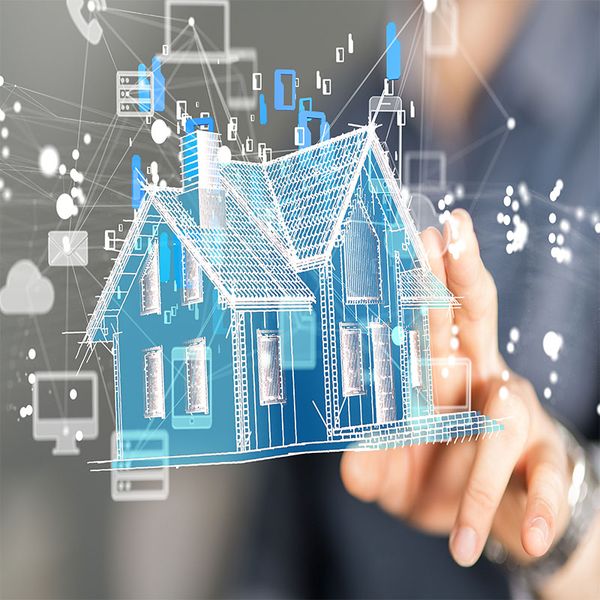
The concept of a "smart home" has been steadily gaining popularity in the UK as homeowners seek to enhance their living spaces with cutting-edge technologies. The focus on sustainability and energy efficiency has emerged as a primary driving force behind this trend. This article explores how smart homes in the UK are integrating innovative technologies to reduce energy consumption, as well as some of the biggest problems still facing smart home technologies.
The UK has embraced smart homes, with an increasing number of homeowners integrating intelligent systems, these are typically connected devices and appliances that can be controlled remotely through a smartphone, tablet, or voice-activated assistants like Amazon Alexa or Google Assistant. These technologies range from basic home automation like smart lighting and thermostats to advanced setups that manage security, entertainment, and even kitchen appliances.
There are many new technologies for homeowners to choose from. Smart Thermostats allow homeowners to turn on and off cooling and heating when not needed. Energy Monitoring Systems identifies where is energy is being used, when and how much. Smart Lighting/LED bulbs is a more well-known technology which helps reduce consumption. Energy storage such as batteries gather energy from solar panels to store excess energy generated during sunny periods and use it during cloudy days or at night. Heat pumps transfer heat to where it is needed in a home, allowing owners to be more efficient with their usage. There are also a range of smart appliances, for example: smart refrigerators and washing machines, these devices can optimize their operation based on the time of day or when energy rates are lower.
Whilst we are seeing an uptake in these technologies being deployed allowing households to be more energy efficient, the biggest challenge smart homes face is still the lack of a singular control framework that can interface with all the smart devices in the home, this would allow devices to communicate with each other.
The market needs an open standard, which allows homeowners to control everything in the home regardless of where it was installed, by whom, or what software it uses. By creating a technology that has interface software all devices in the home will be able to share information and generate far greater energy savings for the consumer, as well as ease.
As the demand for smart homes continues to grow, it is crucial for homeowners, developers, and policymakers to collaborate in creating a greener and more energy-efficient future for the UK. By embracing these technologies, the nation can take a considerable step forward in the global fight against climate change.



